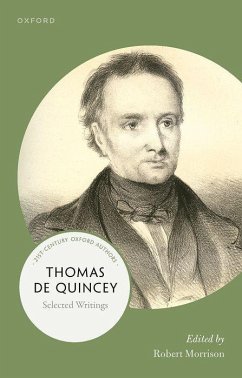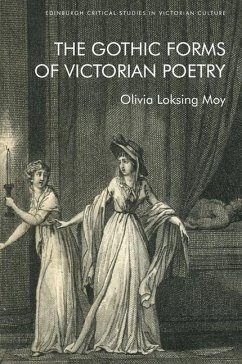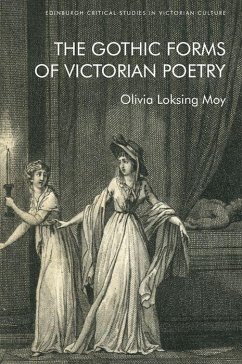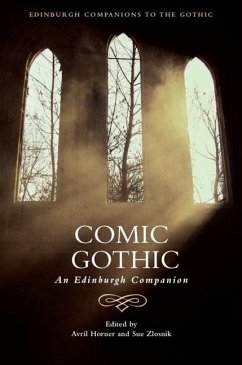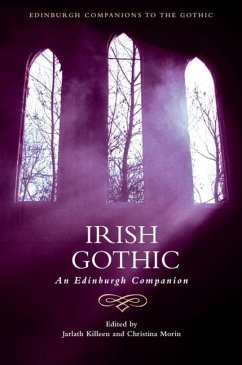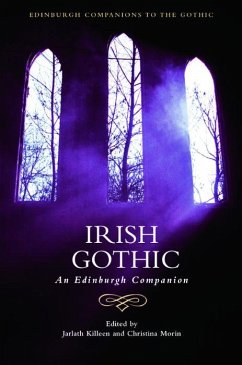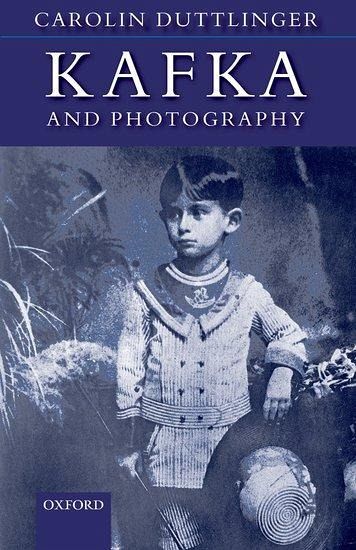
Kafka and Photography
Versandkostenfrei!
Versandfertig in über 4 Wochen
37,99 €
inkl. MwSt.

PAYBACK Punkte
19 °P sammeln!
Franz Kafka was fascinated by photography, a medium which for him came to encapsulate both the attractions and the pitfalls of modern life. In the first detailed study of photography in Kafka's work, Carolin Duttlinger gives close readings of the most important prose works, as well as the letters and diaries.



